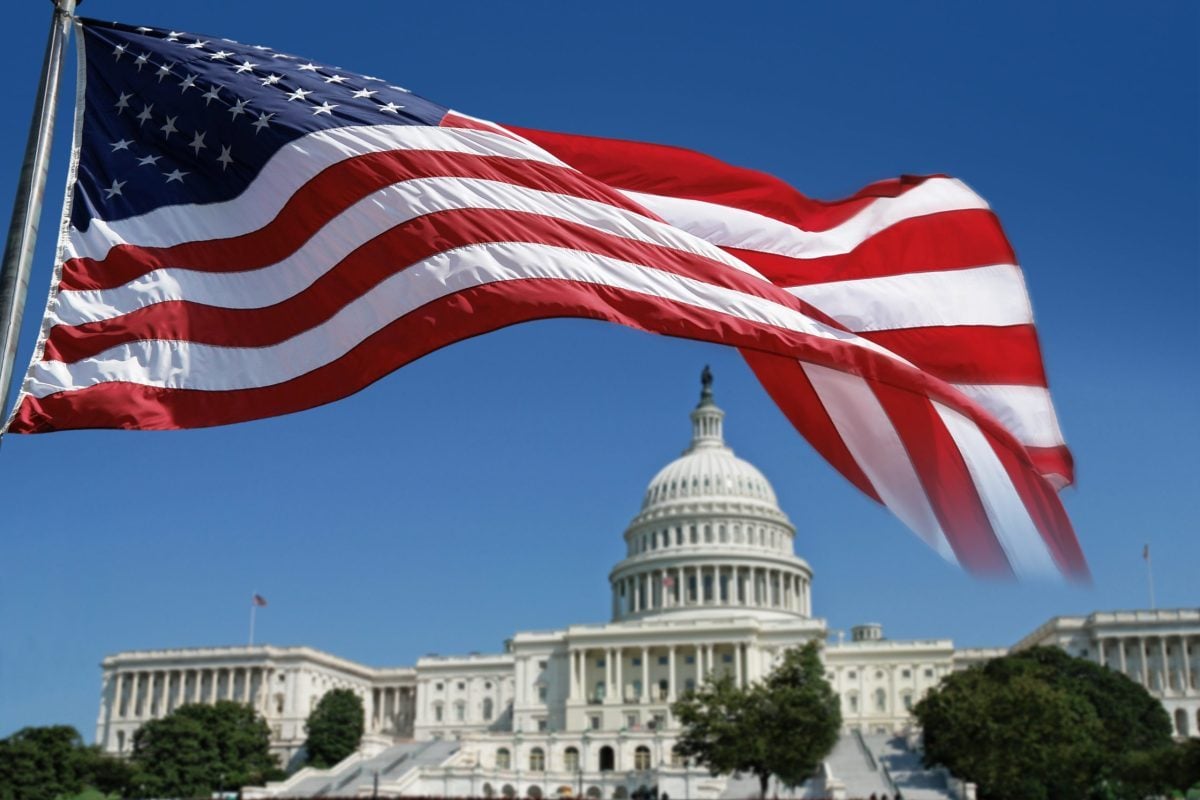The federal government and the Canadian pork industry are “extremely disappointed” by an American proposal to adopt stricter country of origin labeling rules for meat sold in U.S. grocery stores.
The U.S. on March 8 proposed changes to its country of origin labeling law to satisfy a World Trade Organization ruling that found the law discriminated against Canada and Mexico’s livestock and meat exports.
The U.S. Department of Agriculture’s agricultural marketing service proposes to make the labeling information more detailed, including information on where each production step — born, raised, slaughtered — occurred.
Read Also

Trump tariffs could fund bailout for US farmers, agriculture secretary tells Financial Times
The Trump administration is drawing up plans to use tariff revenue to fund a program to support U.S. farmers, the Financial Times reported on Thursday, citing agriculture secretary Brooke Rollins.
For example, a cut from an animal born and fed in Canada and processed in the U.S. would be labeled “Born and raised in Canada, slaughtered in the U.S.”
Most importantly it would also remove the allowance for commingling of muscle cuts from animals born in Canada and the United States and slaughtered and processed in a plant on the same day. The current regulation allowed this under the label “Product of the U.S. and Canada.”
Canada was quick to reject the proposal.
“Our government is extremely disappointed with the proposed regulatory changes put forward by the United States today with respect to country of origin labeling,” said Canadian agriculture minister Gerry Ritz in a news release, adding the proposed changes are unlikely to satisfy the United States’ WTO obligations.
“The proposed changes will increase the discrimination against exports of cattle and hogs from Canada and increase damages to Canadian industry.
“Our government will consider all options, including retaliatory measures, should the U.S. not achieve compliance by May 23, 2013, as mandated by the WTO.”
The Canadian Pork Council said the proposals would exacerbate the problems posed by COOL to Canadian pig and cattle exporters.
“The Canadian pork industry believes the U.S. needs to change the COOL law, not fiddle with its regulations to come into compliance because the COOL statue dictates the discrimination against Canadian and Mexican born and raised animals.”
The USDA estimates that the American meat industry will have to change more than 100,000 meat labels and the cost will range from about $17 million to $47.3 million, with a mid point of $33 million.
Patrick Boyle, president of the American Meat Institute, said the proposal is more onerous, disruptive and expensive than the original regulations.
“Only the government could take a costly, cumbersome rule like mandatory country-of-origin labeling and make it worse even as it claims to ‘fix it,'” he said in a release.
Comments will be accepted on the 41-page proposal until April 11.














